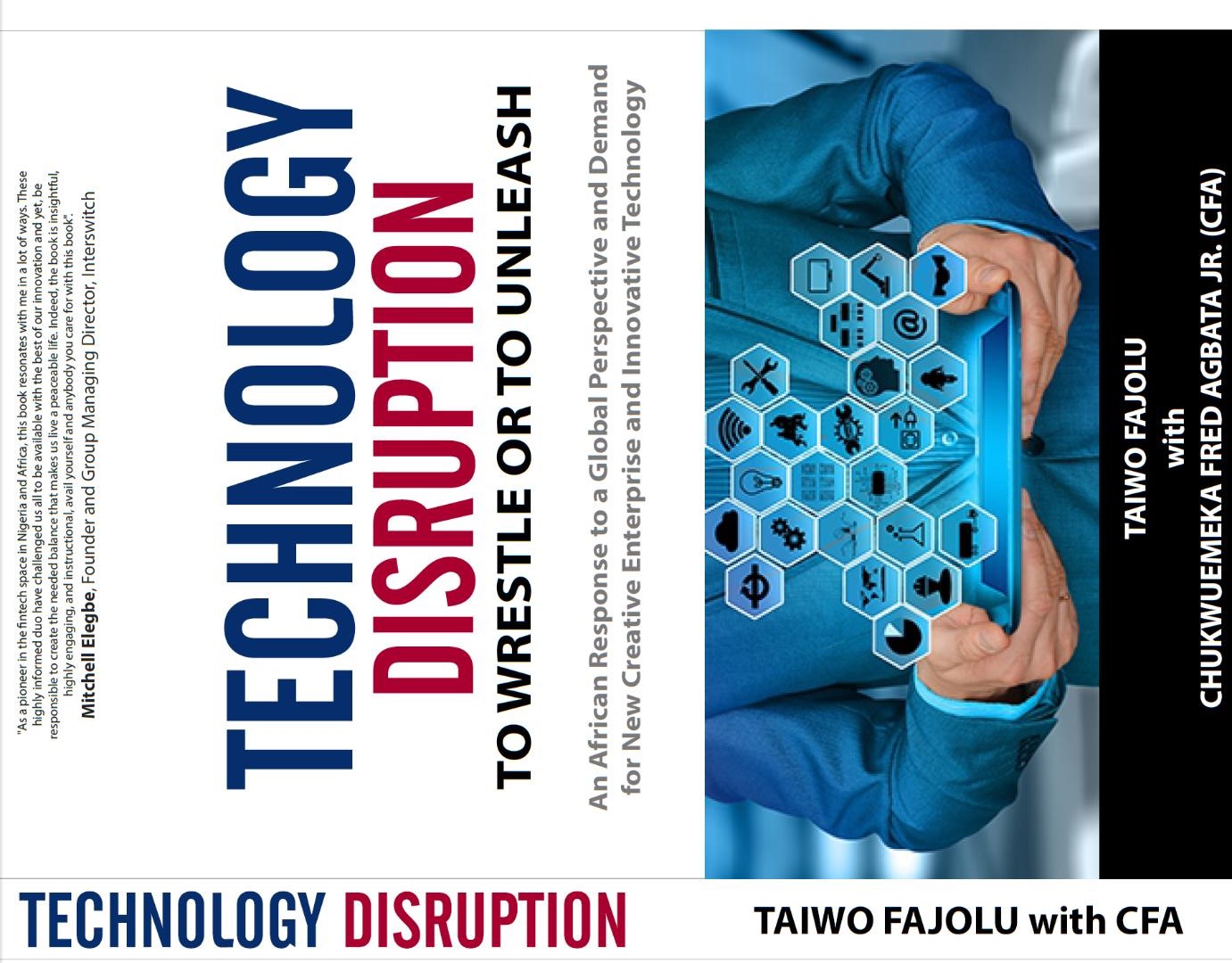Analysts are beginning to observe that there may not have been any synergy or understanding between the GSM majors who recently rolled out 4G LTE and the federal government on the availability of steady power to drive the emerging data revolution.
Otherwise, experts argue that the ageless back-and-front movement in the delivery of Megawatts and the endless reasons always adduced by Discos is currently hobbling the expected massive Foreign Direct Investments (FDIs) in the sub sector.
Globally, data centres are critical infrastructure in the delivery of faster and cheaper Internet connectivity and it relies on steady power supply to deliver the needed services.
Already, government has noted that Nigeria is in need of approximately 300 data centres to support affordable Internet services and software applications in the country.
But the key challenge in the delivery is the availability of power that will carry the transmission day and night without any blink to a void data loss.
Unfortunately, majority of Nigerian companies and in some cases government agencies host their data servers abroad due to lack of the infrastructure owing to power inconsistency.
Data centre experts are of the view that a standard data warehouse would cost between $20m and $30m, meaning that the country would require an aggregate investment to the tune of N3tn to hit target 300 data warehouses.
Observers say the problem is not lack of investors in the sub sector as major technology conglomerates including Google Incorporated, Microsoft Corporation and Oracle, had at various times said they will be willing to invest in data centres.
But the key fear frustrating their plans and readiness remains the inability of the government to have deepened power delivery and eased cabling access to the hinterlands for several landed submarine cables from Europe in the last five years.
Currently, Nigeria is lacking behind as the country had not been able to speed up the pace of wholesale fibre access due to the absence of a broadband policy that would promote infrastructure sharing and competition.
The Communications Manager, Anglophone West Africa, Google, Taiwo Kola-Ogunlade, was recently quoted as saying that technology firms, such as Google, are interested in investing hugely in data centres if Nigeria can address the power challenge and speedily tackle the issue of last mile connectivity and distribution capacity, so as to spread available bandwidth capacity across the entire country.
Others argued that even though broadband infrastructure is important, power is even more critical and data centres consume a lot of electricity.
But there seems to be indications that even in the face of sustained sad power story, there are lots of data centre initiatives ongoing in the country as more banks and government agencies are building data centres.
According to many respondents who spoke to our correspondents on the place of power in driving broadband penetration, Nigeria may not get the needed height in consolidating in broadband target of 30 per cent by 2020 if power situation fails to improve and no time.
However, whereas many investors kept hanging on the shores waiting for steady power supply, some smart groups have challenged the situation to invest in the economy.
For example, MainOne Cable Company had been in the industry for some time now and Internet Solutions West Africa had invested N1.65bn ($10.5m) over a two-year period (2009 to 2011) in building two data centres in Lagos, covering a combined space of 125 square metres. It further invested N225m in upgrades and expansion of its Victoria Island, Lagos in 2011.
Also, Resourcery Nigeria, another local IT firm, established its own Cisco Unified Computing System in the country, targeting telecoms companies and banks. In addition, TTC Technologies is collaborating with the Obafemi Awolowo University, Ile-Ife, to build private clouds for corporate customers.








